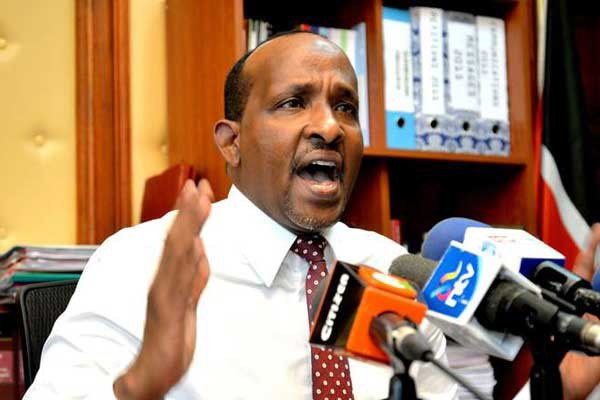×
The Standard e-Paper
Kenya’s Boldest Voice

The scenes in Parliament last week where the Leader of Majority Aden Duale was captured on live TV shepherding members out of the chambers to torpedo the outcome of a vote on the fInace Bill 2018/19 was a sign of worrying times.
Worst of all, the bungling of Soipan Tuya, the Temporary Speaker on which way the vote had gone coupled with Speaker Justin Muturi's crass attempt to subvert the will of the MPs has left a sour taste in spite of triumph.